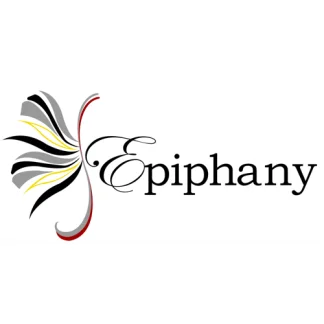Shelter Health Services
Shelter Health Services is a private rehab located in Charlotte, North Carolina....
Epiphany Family Services is a comprehensive behavioral health facility offering substance abuse treatment in Charlotte, NC. The center provides care to adolescents and adults struggling with addiction and co-occurring mental health conditions.
Epiphany Family Services offers a wide range of treatment programs including the following:
At Epiphany Family Services, the SACOT program provides structured, intensive outpatient therapy. Through group sessions, individual counseling, and family involvement, clients are guided toward a holistic recovery.
The Substance Abuse Intensive Outpatient Program (SAIOP) is tailored for those who need structured therapeutic support without the confines of an inpatient setting. Participants engage in group therapy, individual counseling, and family sessions, ensuring a well-rounded recovery approach.
Catering to individuals who can maintain their daily routines while receiving treatment, the SAOP focuses on individual and group counseling, bolstered by evidence-based practices to ensure effective recovery.
Understanding the repercussions of driving under the influence, Epiphany offers specialized services for those charged with DUI/DWI. Beyond just meeting court mandates, the program emphasizes education, accountability, and personal growth to prevent future occurrences.
Recognizing the integral role of family in the recovery process, the center offers dedicated family counseling sessions. These sessions aim to mend strained relationships, educate loved ones about addiction, and foster a supportive environment for sustained recovery.
Contact us for more information: (704) 536-6853

Connect with Epiphany Family Services by calling their admissions team directly.
(704) 536-6853 Website Get DirectionsThe Commission on Accreditation of Rehabilitation Facilities (CARF) is a non-profit organization that specifically accredits rehab organizations. Founded in 1966, CARF's, mission is to help service providers like rehab facilities maintain high standards of care.
CARF Accreditation: Yes
Group therapy is any therapeutic work that happens in a group (not one-on-one). There are a number of different group therapy modalities, including support groups, experiential therapy, psycho-education, and more. Group therapy involves treatment as well as processing interaction between group members.
In individual therapy, a patient meets one-on-one with a trained psychologist or counselor. Therapy is a pivotal part of effective substance abuse treatment, as it often covers root causes of addiction, including challenges faced by the patient in their social, family, and work/school life.
In individual therapy, a patient meets one-on-one with a trained psychologist or counselor. Therapy is a pivotal part of effective substance abuse treatment, as it often covers root causes of addiction, including challenges faced by the patient in their social, family, and work/school life.
Shelter Health Services is a private rehab located in Charlotte, North Carolina....
Dilworth Center provides outpatient treatment for individuals with substance add...
Community Treatment Alternatives is a private rehab located in Charlotte, North ...
Carolinas Medical Center - Mercy is a non profit rehab located in Charlotte, NC....